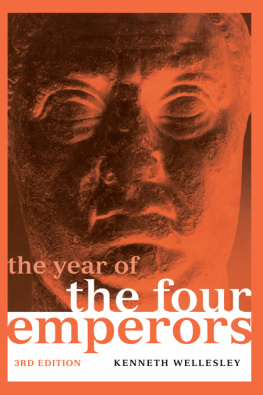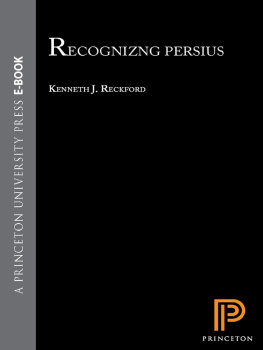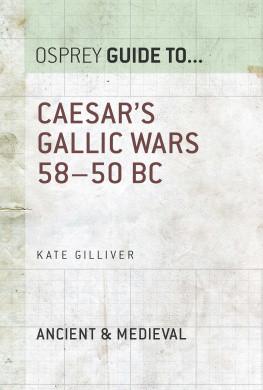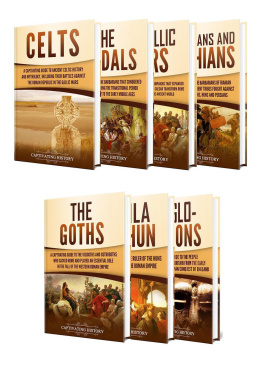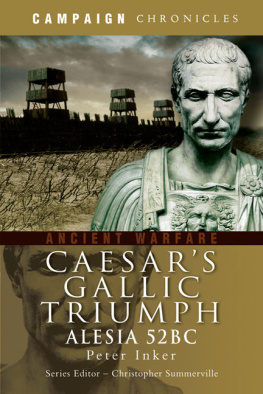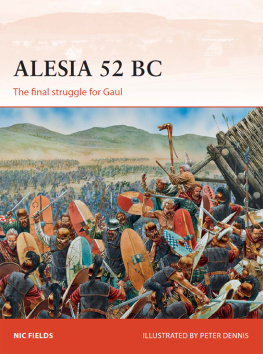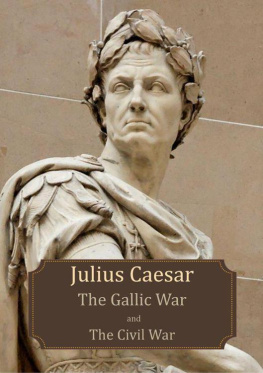
Great Clarendon Street, Oxford ox2 6DP
Oxford University Press is a department of the University of Oxford.
It furthers the Universitys objective of excellence in research, scholarship,
and education by publishing worldwide in
Oxford New York
Auckland Bangkok Buenos Aires Cape Town Chennai
Dar es Salaam Delhi Hong Kong Istanbul Karachi Kolkata
Kuala Lumpur Madrid Melbourne Mexico City Mumbai Nairobi
So Paulo Shanghai Singapore Taipei Tokyo Toronto
with an associated company in Berlin
Oxford is a registered trade mark of Oxford University Press
in the UK and in certain other countries
Published in the United States
by Oxford University Press Inc., New York
Carolyn Hammond 1996
The moral rights of the author have been asserted
Database right Oxford University Press (maker)
First published as a Worlds Classics paperback 1996
Reissued as an Oxford Worlds Classics paperback 1998
All rights reserved. No part of this publication may be reproduced, stored in a retrieval system, or transmitted, in any form or by any means, without the prior permission in writing of Oxford University Press, or as expressly permitted by law, or under terms agreed with the appropriate reprographics rights organizations. Enquiries concerning reproduction outside the scope of the above should be sent to the Rights Department, Oxford University Press, at the address above
You must not circulate this book in any other binding or cover
and you must impose this same condition on any acquirer
British Library Cataloguing in Publication Data
Data available
Library of Congress Cataloging in Publication Data
Caesar, Julius
[De bello Gallico, English]
Seven commentaries on the Gallic war / Julius Caesar; translated
by Carolyn Hammond. With an eighth commentary by Aulus Hirtius.
(Oxford worlds classics)
Includes bibliographical references.
1. GaulHistoryGallic Wars, 5851B.C. 2. Great Britain
HistoryRoman period, 55 B.C.14 A.D. 3. Caesar, JuliusMilitary
leadership. I. Hirtius, Aulus. De bello Ballico. Liber 8.
II. Title. III. Series.
DC62.C2813 1996 936.4dc20 9531674
ISBN13: 9780192835826
Printed in Great Britain by
Clays Ltd, St Ives plc
OXFORD WORLDS CLASSICS
For over 100 years Oxford Worlds Classics have brought readers closer to the worlds great literature. Now with over 700 titles-from the 4,000-year-old myths of Mesopotamia to the twentieth centurys greatest novelsthe series makes available lesser-known as well as celebrated writing.
The pocket-sized hardbacks of the early years contained introductions by Virginia Woolf T. S. Eliot, Graham Greene, and other literary figures which enriched the experience of reading. Today the series is recognized for its fine scholarship and reliability in texts that span world literature, drama and poetry, religion, philosophy and politics. Each edition includes perceptive commentary and essential background information to meet the changing needs of readers.
Refer to the to navigate through the material in this Oxford Worlds Classics ebook. Use the asterisks (*) throughout the text to access the hyperlinked Explanatory Notes.
OXFORD WORLDS CLASSICS

The Gallic War
JULIUS CAESAR
Seven Commentaries on

with an Eighth Commentary by
AULUS HIRTIUS
Translated with an Introduction and Notes by
CAROLYN HAMMOND

OXFORD WORLDS CLASSICS
THE GALLIC WAR
GAIUS JULIUS CAESAR (?10044 BC) was born into the senatorial aristocracy which controlled the operations of the Roman empire. Always a supporter of popular measures in the politics of the city, he became consul in 59 with the support of Pompey (the Great), but the alliance did not last, and the two men became first political and then military rivals. A ten-year proconsular command in the Roman province of Gaul brought him immense wealth as well as control of a huge and devoted army, both of which factors in 49 BC enabled him to challenge Pompey for supremacy at Rome. The civil war which resulted left him, after Pompeys defeat at Pharsalus and death in Egypt, in sole control of Romes affairs; the perpetual dictatorship and extraordinary honours which followed marked a shift in the structures of Roman politics which, despite his assassination on the Ides of March 44, was to prove permanent, and which played its part in the change from Republic to Principate. The accounts which he wrote of his campaigns against the peoples of Gaul, Britain, and Germany (The Gallic War) and against Pompey (The Civil War) have been valued for centuries as classics of military practice and literary excellence.
CAROLYN HAMMOND read Literae Humaniores at St Johns College, Oxford. In 1990 she was elected to a Research Fellowship at Downing College, Cambridge, where her work included studies of the battle narratives of Caesar and Livy. She was Curate at the Church of St Mary the Virgin, Gamlingay from 1997 to 2005, and is now Dean of Caius College, Cambridge.
ELIZABETHAE VERAE CAESAREANAE
You all do know this mantle: I remember
The first time ever Caesar put it on;
Twas on a summers evening, in his tent,
That day he overcame the Nervii:
(SHAKESPEARE, Julius Caesar, II. ii)
That civilization may not sink,
Its great battle lost,
Quiet the dog, tether the pony
To a distant post;
Our master Caesar is in the tent
Where the maps are spread,
His eyes fixed upon nothing,
A hand under his head.
Like a long-legged fly upon the stream
His mind moves upon silence.
(W. B. YEATS, Long-legged Fly)
PREFACE
A new translation of The Gallic War does call for some explanation, not least because a number of versions are already available. Yet each generation needs its own translation of any classic text: the culture and mores of the translators own time are bound to leave their mark. Besides, the subject-matter of The Gallic War is potentially distasteful, even immoral, for the modern reader. The drive to increase territorial holdings, high civilian as well as military casualties, and the predominance of economic motives for organized aggressionall these belong to an accepted norm of international activity in the ancient world, and hence need careful introduction and explanation as well as up-to-date translation. The Gallic War, moreover, is unique in kind. For as well as illustrating in depth the military practices and preoccupations of the first-century aristocratic Roman, it also provides a first-person apologia pro suis rebus gestis for the most famous Roman of them all, and an apologia, moreover, which its author intended to reflect on, and influence, the events of the civil war through which Republic gave way to Principate.
In making this translation, my thanks go to Philip Pattenden for his help with matters of time-reckoning, and to Grace Corne for her information on the use of woad as a dye. I have been indebted more times than I care to remember to the advice and assistance of Philip Rubery and Paul Millett.
Next page

